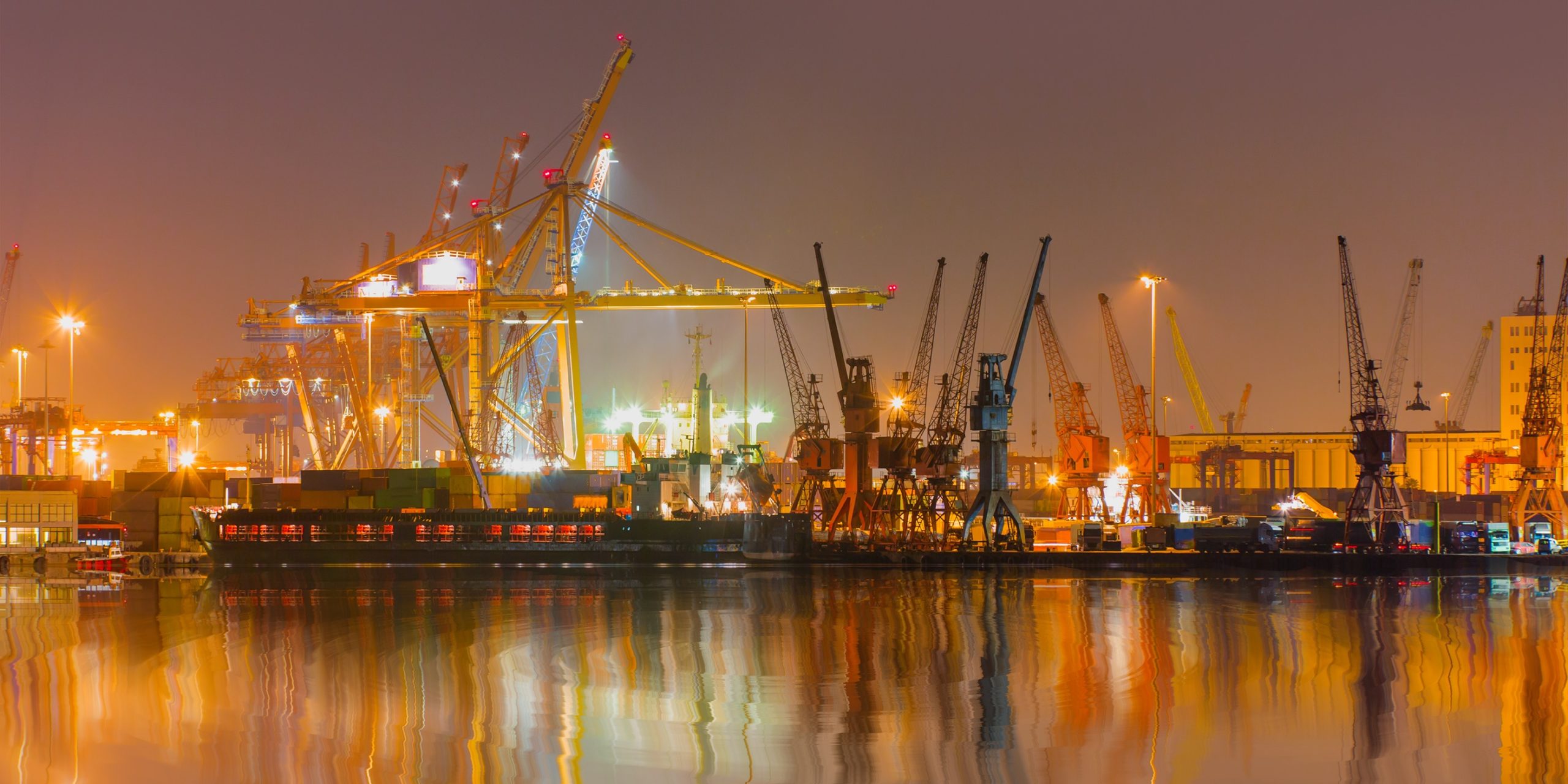Germany to open new LNG ports by early 2023
Robert Habeck, Germany’s Economy minister, said on July 2 that Germany will begin operation of two temporary terminals for the import of liquefied natural gas (LNG) by early 2023.
In all, the German government has leased four floating LNG terminals in an aggressive effort to reduce the country’s dependence on natural gas imported from Russia.
Habeck said: “Two ships are already available this year and are to be deployed in Wilhelmshaven and Brunsbuttel at the turn of the year 2022-23.”
He said the effort to move away from Russian gas was proceeding at a pace that has “never been seen before in Germany.”
Klaus Mueller, the head of Germany’s Network Agency which oversees energy supplies, said on July 2 that he fears Russia could cut off gas supplies to Germany entirely.
The same day, Jens Kerstan, Hamburg’s senator for the environment, was also quoted by Welt am Sonntag as saying rationing of hot water for residences in the city could be imposed if Russia reduces gas supplies.
Kerstan said: “In an acute gas shortage, warm water could be only made available at certain times of day.” He urged citizens and companies to reduce energy consumption to help the government fill storage capacity ahead of the winter heating season.
Kerstan said a temporary LNG terminal planned for Hamburg would not be operational until mid-2023 at the earliest.
Russia reduced gas supplies to Germany, Italy, Austria, the Czech Republic and Slovakia in June, citing technical issues with the Nord Stream-1 pipeline. At the time, Habeck said there were no technical issues, and that Germany was “in a trade dispute” with Russian president Vladimir Putin.
In June, the European Union as a whole, imported more LNG from the United States than pipeline gas from Russia for the first time ever.
Nonetheless, Fatih Birol, the executive director of the International Energy Agency, wrote on Twitter that “the drop in Russian supplies calls for efforts to reduce EU demand to prepare for a tough winter.”
For more information visit www.bundesnetzagentur.de
20th July 2022















